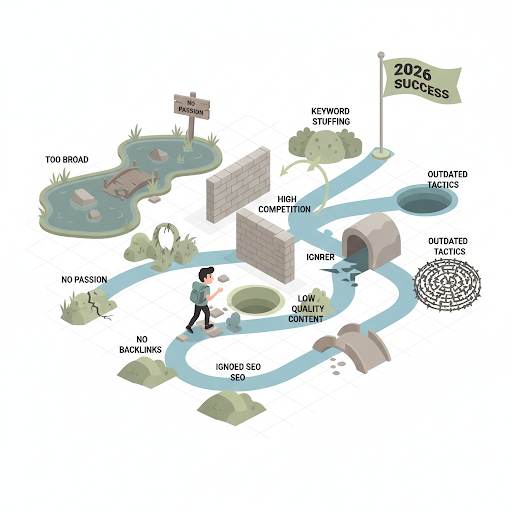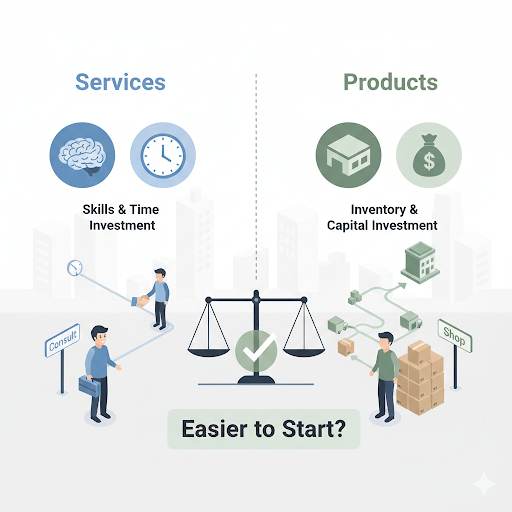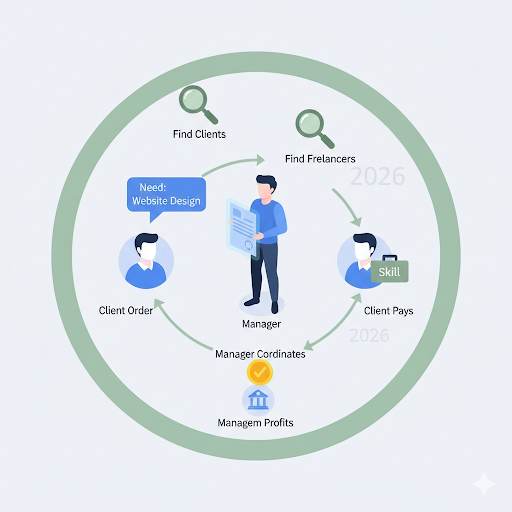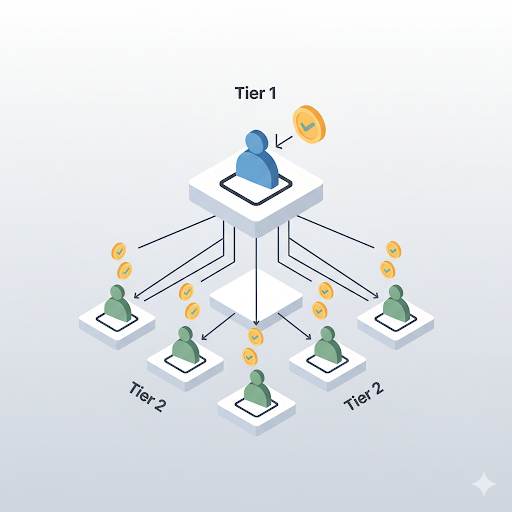8 Affiliate Marketing Niche Errors Beginners Must Avoid in 2026

Thinking about starting affiliate marketing?
Great — but let’s be real: most beginners mess up one big thing…
They choose the wrong niche.
Don’t worry — it’s not your fault.
The internet is full of hype and bad advice.
So in this post, I’ll show you the most common affiliate marketing niche errors — and how to avoid them so you can start strong.
Before we dive into the 8 common errors, here’s a quick video on some of the worst niches to avoid in affiliate marketing—it’ll give you a head start on making smarter choices
1. Choosing a Niche Just for the Money
2. Going Too Broad
“Niching down” isn’t just advice — it’s survival.
Saying you blog about “health” or “tech” is like saying you sell “food.”
Be specific:
- Keto for beginners
- Budget tech for students
- Skincare for women over 40
3. Picking a Niche With No Affiliate Products
You need something to promote, right?
Before committing to a niche, check:
- Are there affiliate programs?
- Do people actually buy in this space?
- Are commissions worth your time?
Not sure where to start? Check this post:
👉 Best Niches for Affiliate Marketing in 2026
4. Copying What Everyone Else Is Doing
Seeing 100 blogs about “make money online” doesn’t mean you should start one too.
Trends come and go — your success depends on how helpful and unique you are, not how popular the topic seems.
5. Ignoring Low Competition Niches
Some of the best affiliate earnings come from less obvious niches.
Don’t sleep on micro-niches — they’re easier to rank for, and audiences are more loyal.
Check out:
👉 Top Affiliate Programs for Beginners in 2026
6. Not Understanding Your Audience
If you don’t know who you’re writing for, how will you help them?
- Know their struggles.
- Speak their language.
People don’t follow websites — they follow problem-solvers.
7. Giving Up Too Soon
- You publish a few posts.
- No traffic.
- No sales.
- You panic.
- You quit.
Affiliate marketing takes time.
Stick with one niche. Improve your skills.
Results follow effort.
If you’re just getting started, this will help:
👉 How to Get Started with Affiliate Marketing in 2026
8. Thinking One Niche = One Product
Look for a mix of:
- Low-ticket and high-ticket offers
- Recurring commissions
- Evergreen demand
Final Thoughts
Making money with affiliate marketing isn’t just about joining programs — it starts with avoiding affiliate marketing niche errors that can ruin your chances from day one.
If you take the time to choose the right niche and avoid the common mistakes we covered, you’ll be way ahead of most beginners — and on the right path to long-term success.





